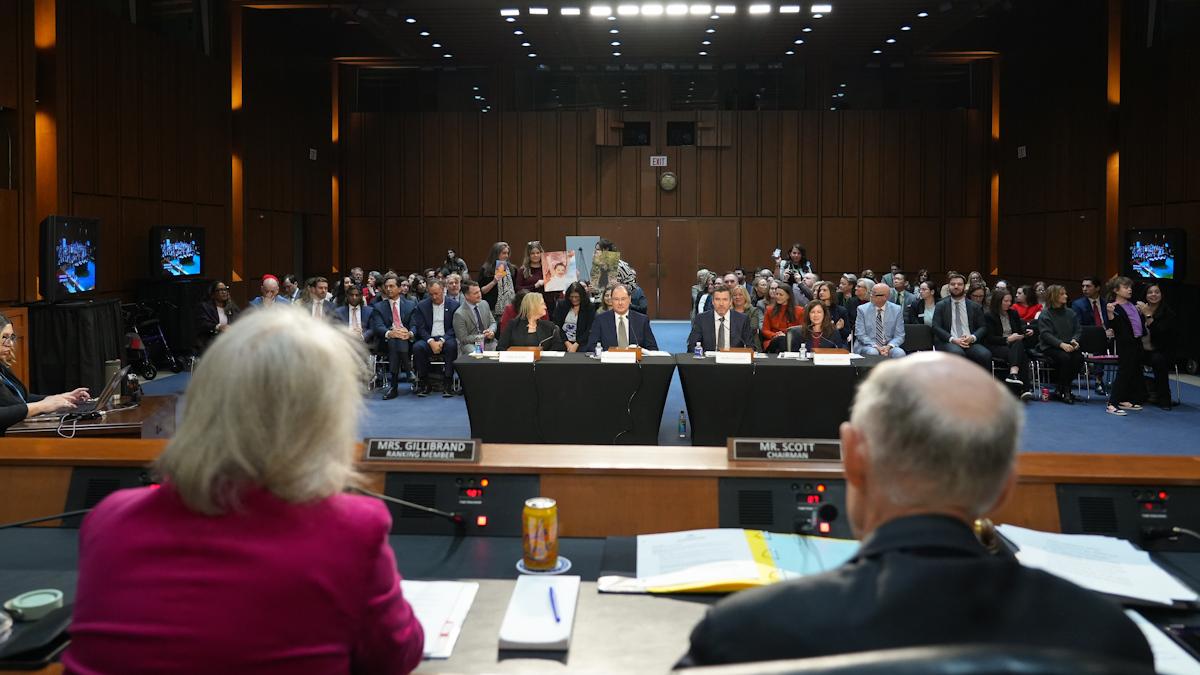FDA approves Valeant eye drug after manufacturing delay

The FDA has finally approved Valeant’s eye drug Vyzulta after the company finally satisfied the regulator’s concerns over its manufacturing facility in Florida.
The Quebec-based company’s subsidiary, Bausch + Lomb said the regulator approved Vyzulta (latanoprostene bunod) for reduction of intraocular pressure in patients with glaucoma or ocular hypertensions.
Vytulta was one of the main reasons that Valeant bought Bausch+Lomb for $8.7 billion in 2013, and the company had originally hoped to get it on the market in the first half of last year.
But in July last year the FDA said the manufacturing facility in Tampa, Florida did not meet its standards and rejected the drug, which Valeant forecast could generate peak yearly sales of $550 million in the US and more than $1 billion globally.
However the FDA had no issues with the data used to support the filing, which was based on findings of four clinical trials and has now agreed to a licence after Valeant addressed the issues outlined in a dreaded "Complete Response Letter".
Bausch + Lomb licensed the drug from France’s Nicox, which gets $17.5 million as a milestone payment as a result of the approval – although it must pay Pfizer $15 million of that under a previous licence agreement.
Following topical administration, Vyzulta, a once daily monotherapy with a dual mechanism of action, works by metabolising into two active components.
Latanoprost acid primarily works within the uveoscleral pathway to increase aqueous humour outflow.
Meanwhile utanediol mononitrate releases NO to increase outflow through the trabecular meshwork and Schlemm's canal, which drain fluids from the eye.
In glaucoma patients, damage to the trabecular meshwork, through which the majority of the aqueous humour passes, can lead to reduced drainage and as a result elevated intraocular pressure (IOP).
Lowering IOP, even in patients with normal baseline levels, can delay, or even prevent damage to optic nerves, helping to reduce the risk of visual field loss.
The approval is welcome news for Valeant, which is in turnaround mode: the company's board, including former Michael Pearson and CFO are accused of a long list of misconduct, including fraud, and has built up huge levels of debt.
The company was focused on achieving hyper-growth under Pearson, and bought more than 100 companies between 2008 and 2014, amassing debt of $31 billion.
Joseph Papa took over as CEO in April 2016, and earlier this year laid out a plan to reduce Valeant's debt, including the sell-off of many of these subsidiaries.
Analysts see Vyzulta as one of the key brands for the company's future sales growth, along with inflammatory bowel syndrome treatment Xifaxin and Siliq, its recently approved psoriasis drug.













